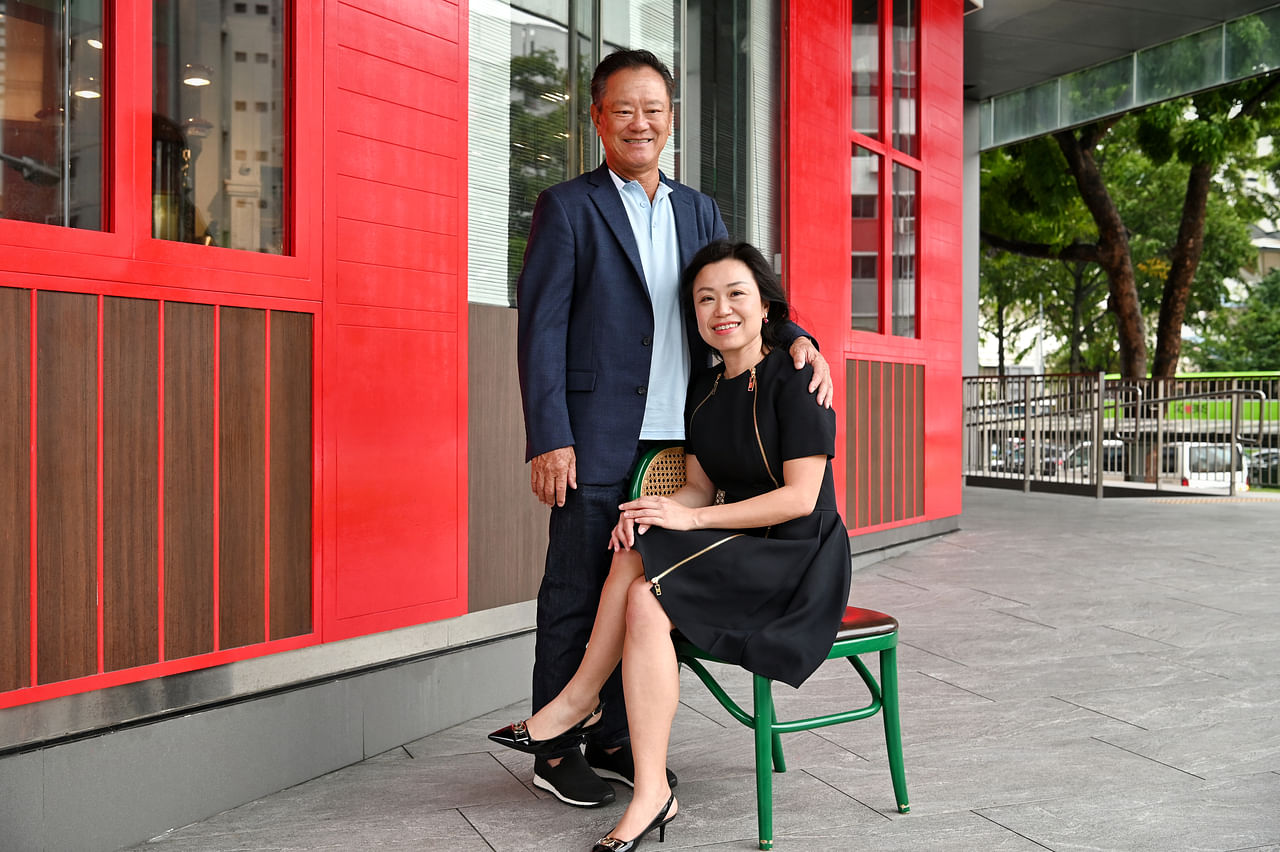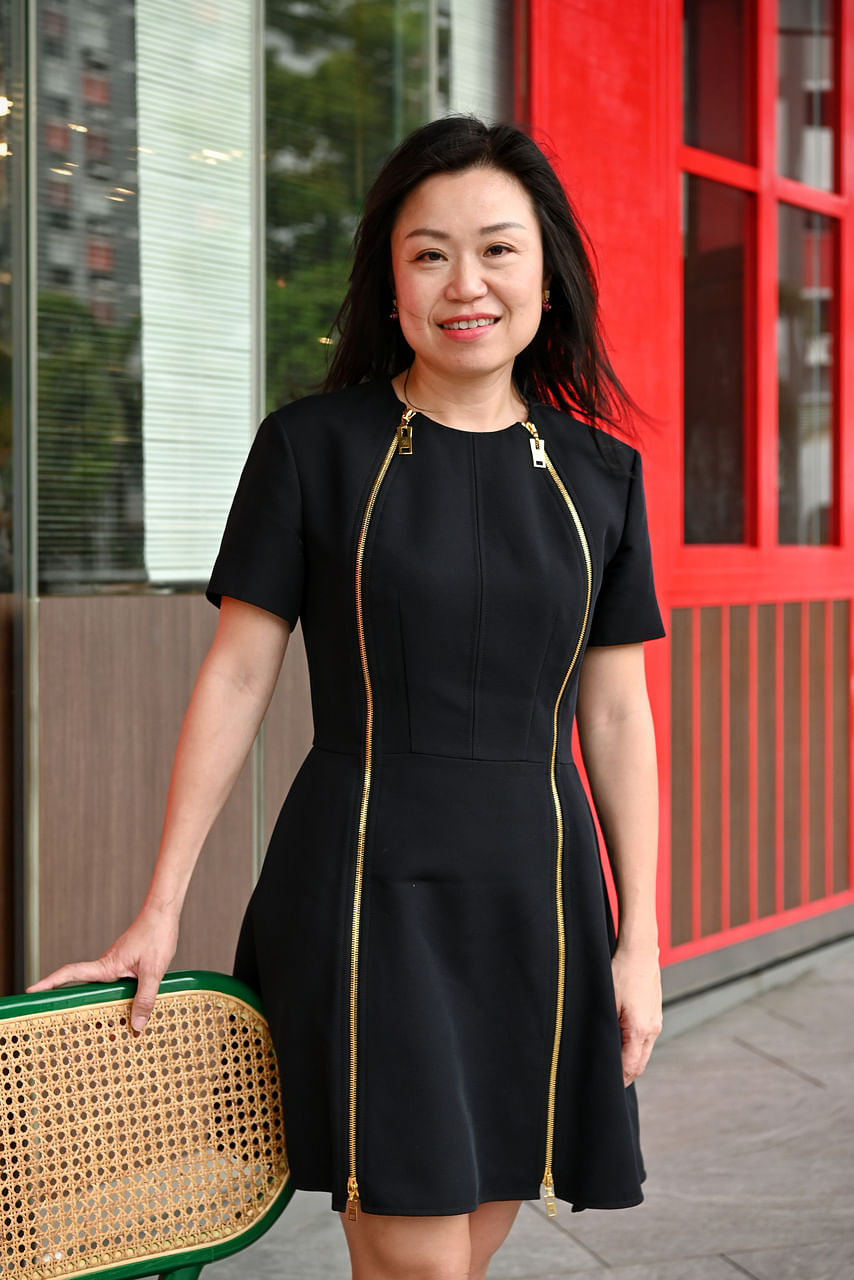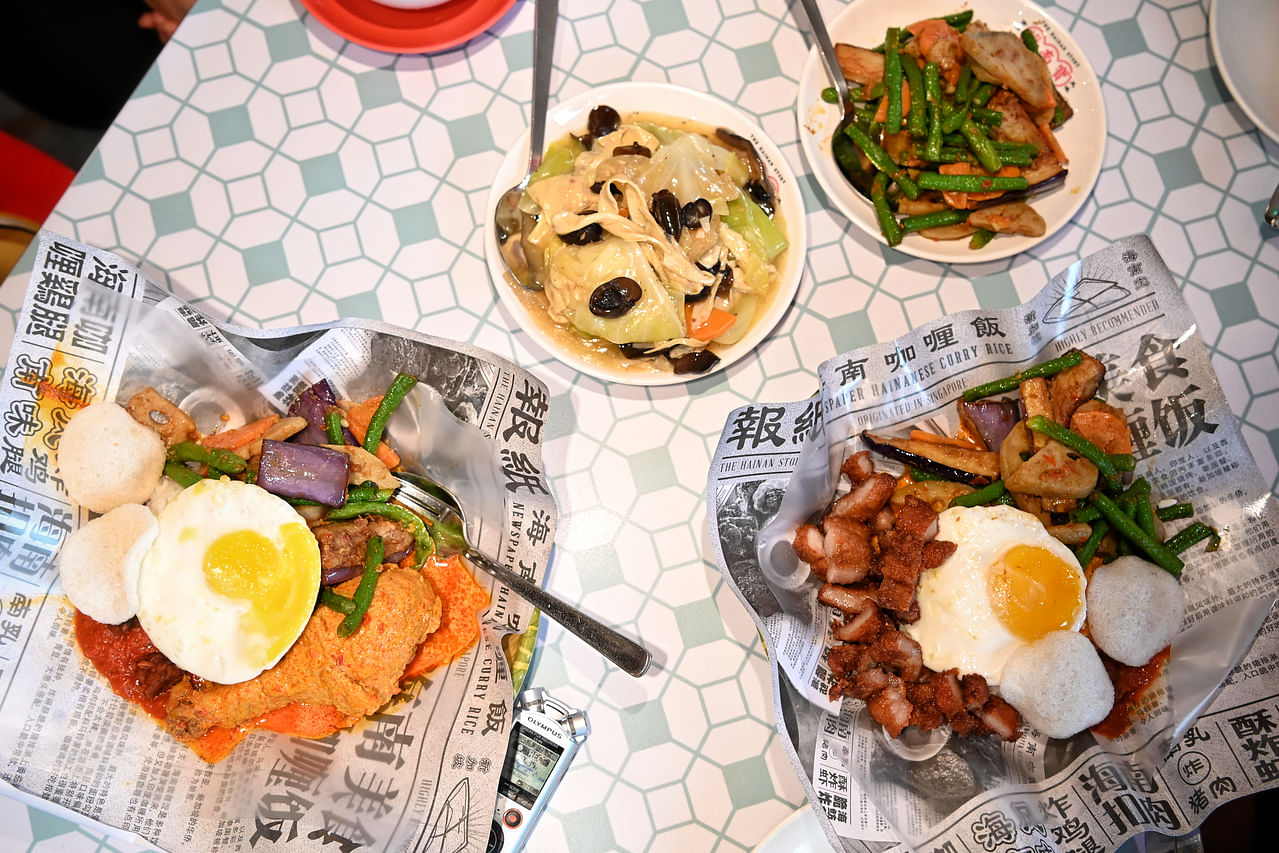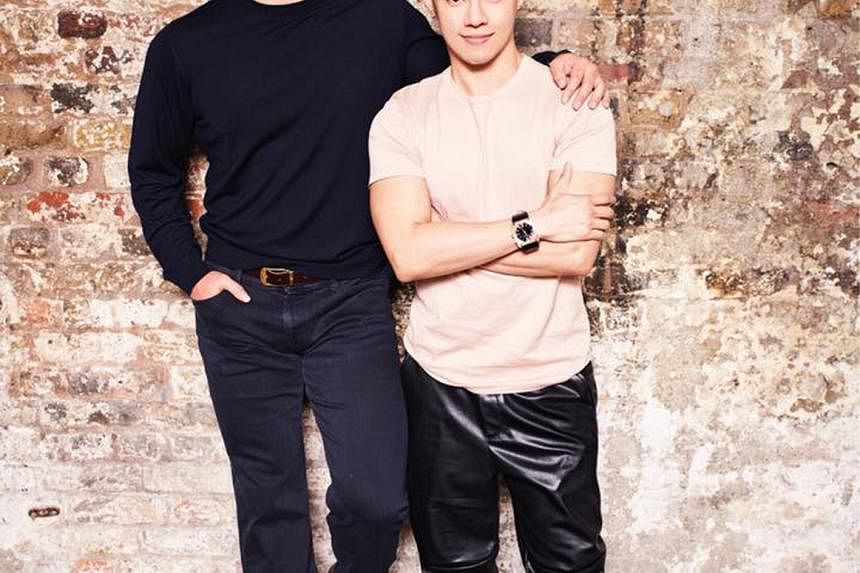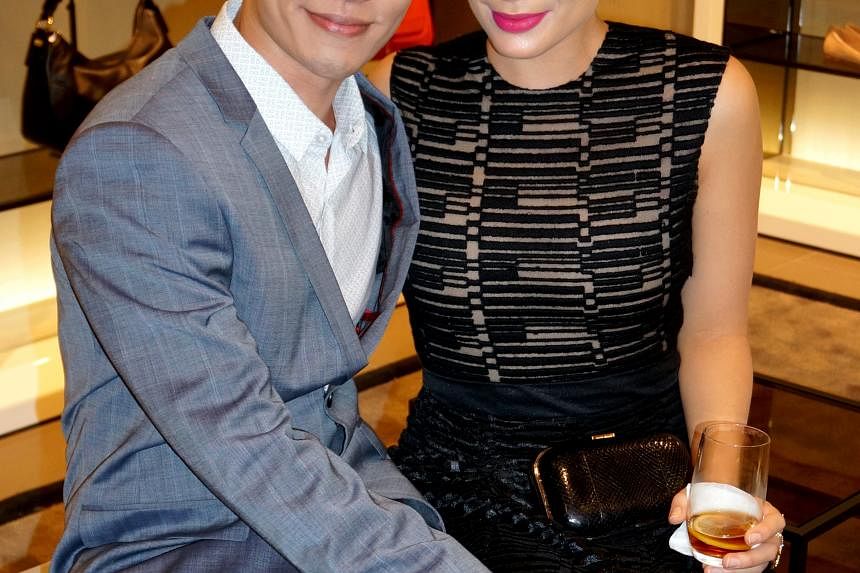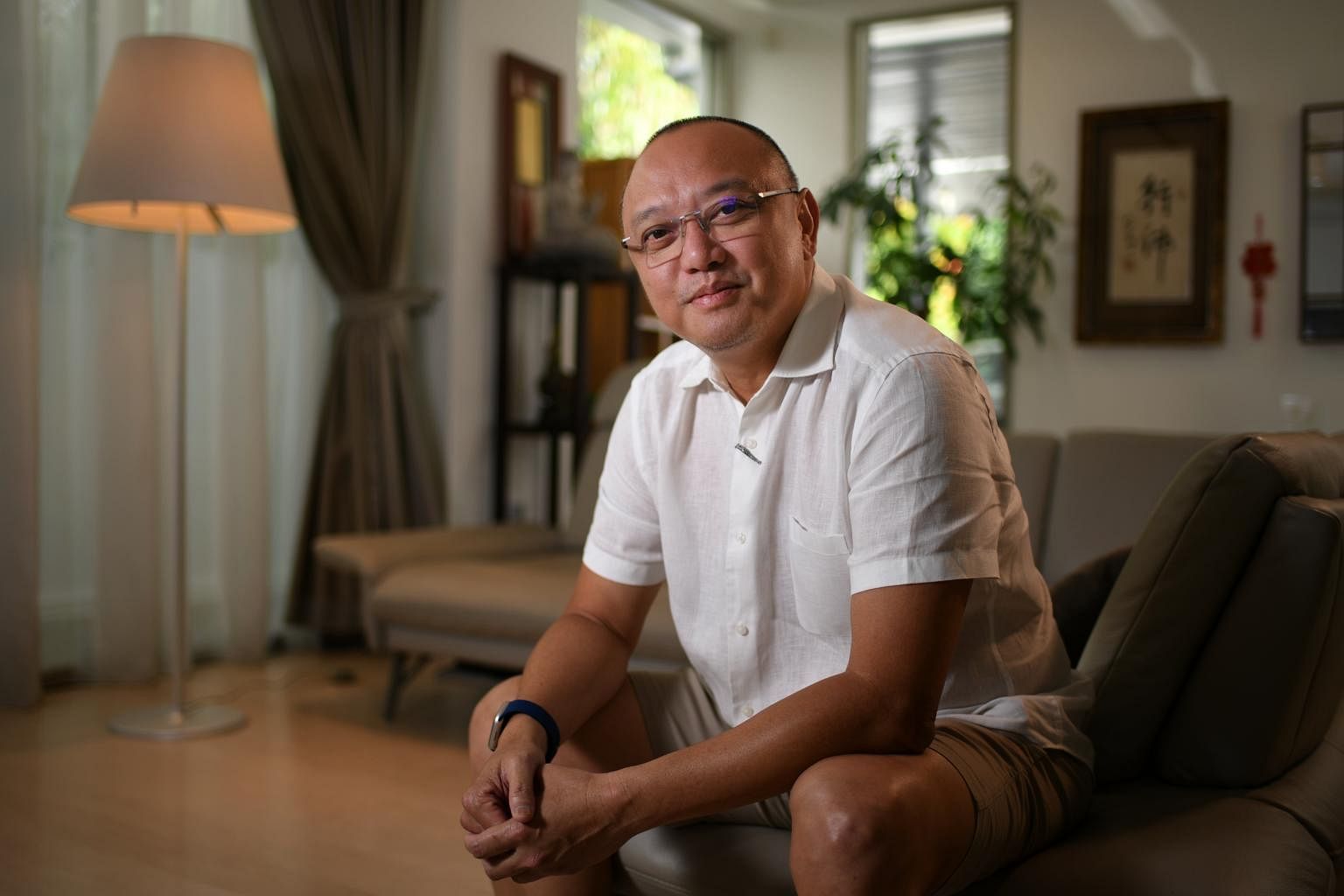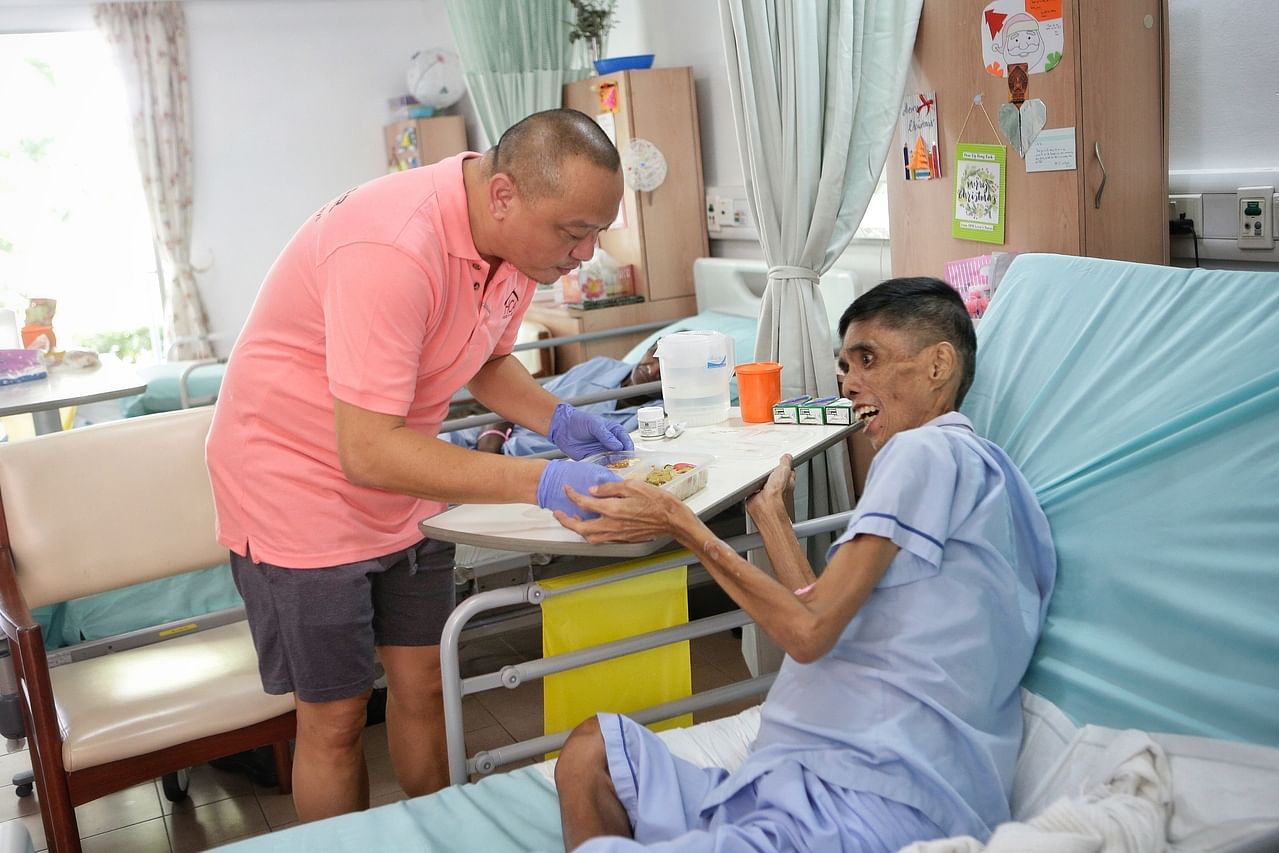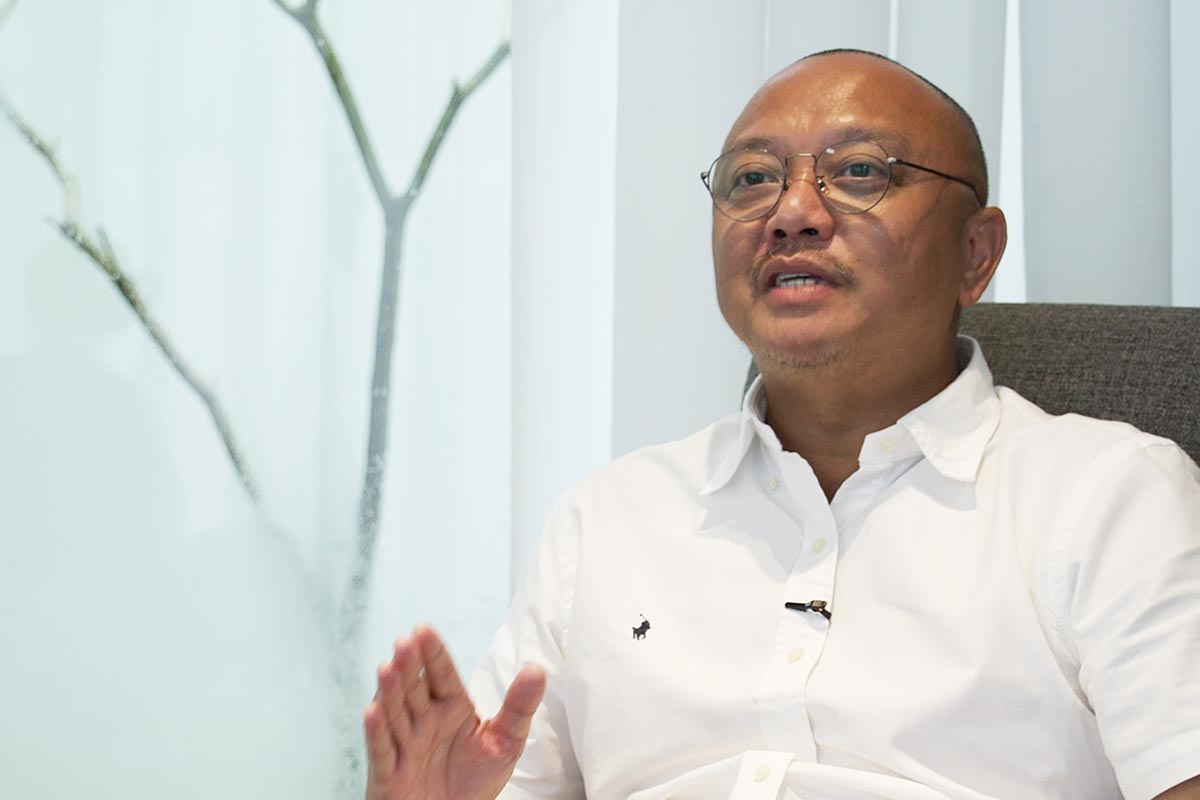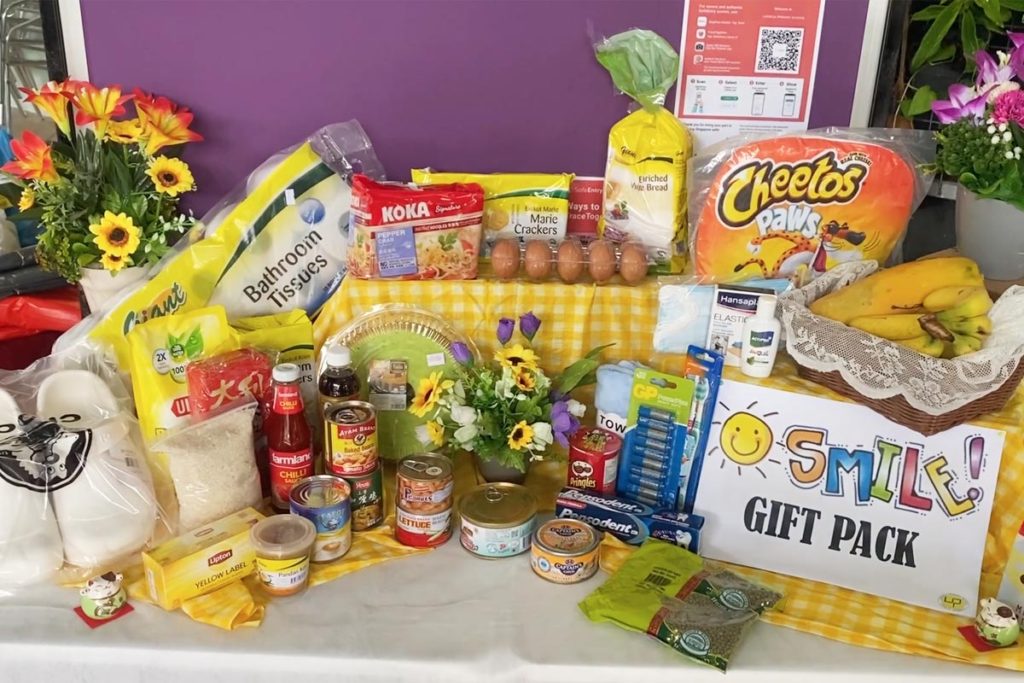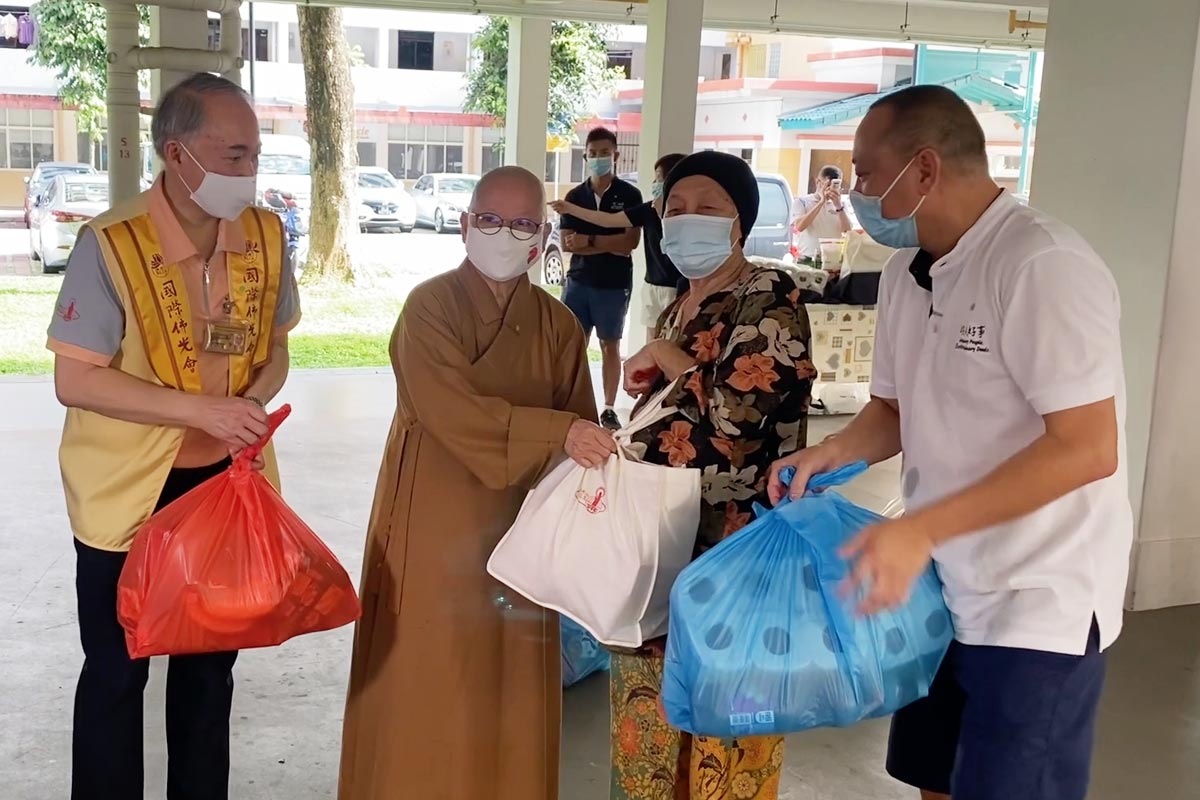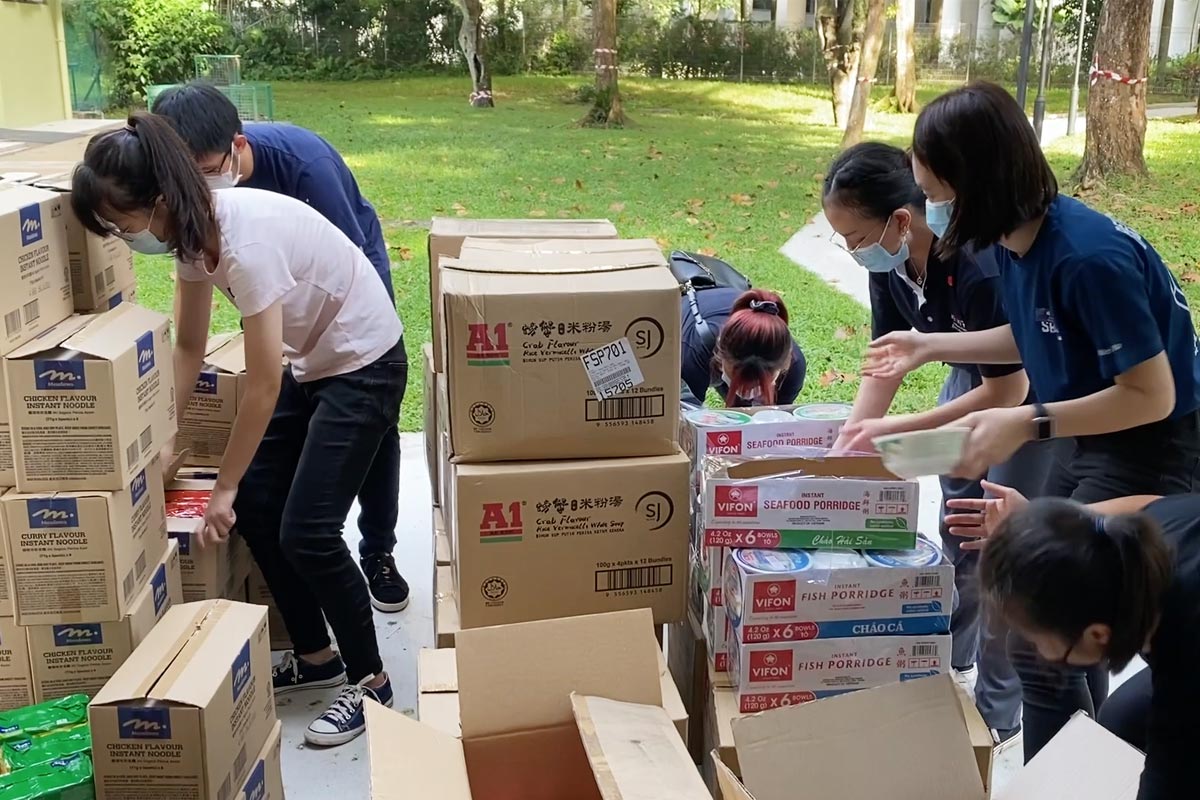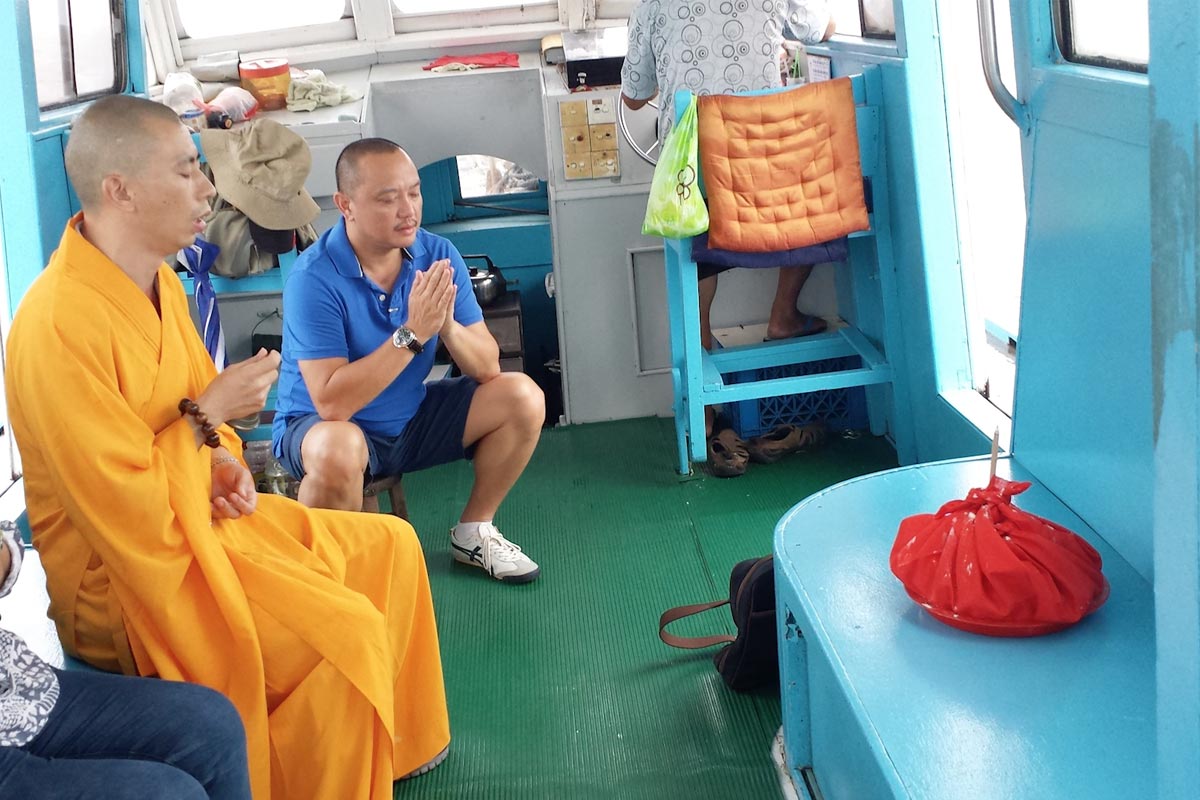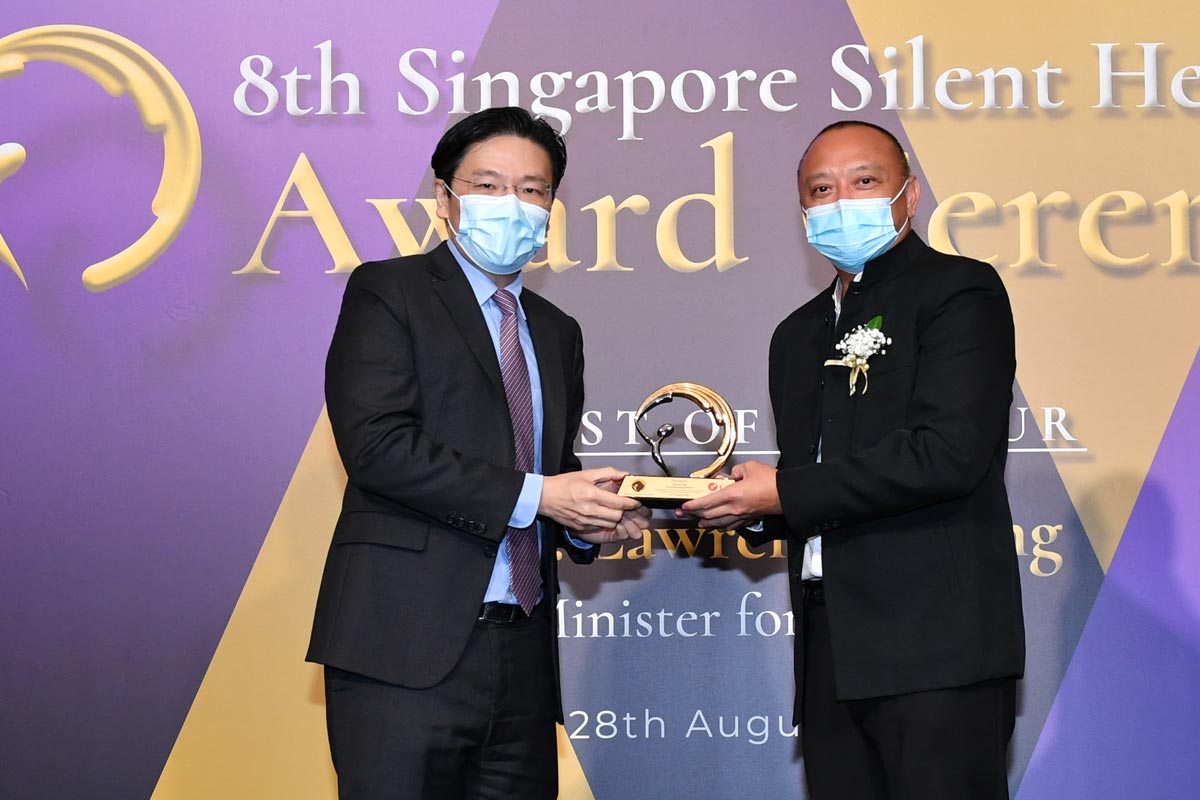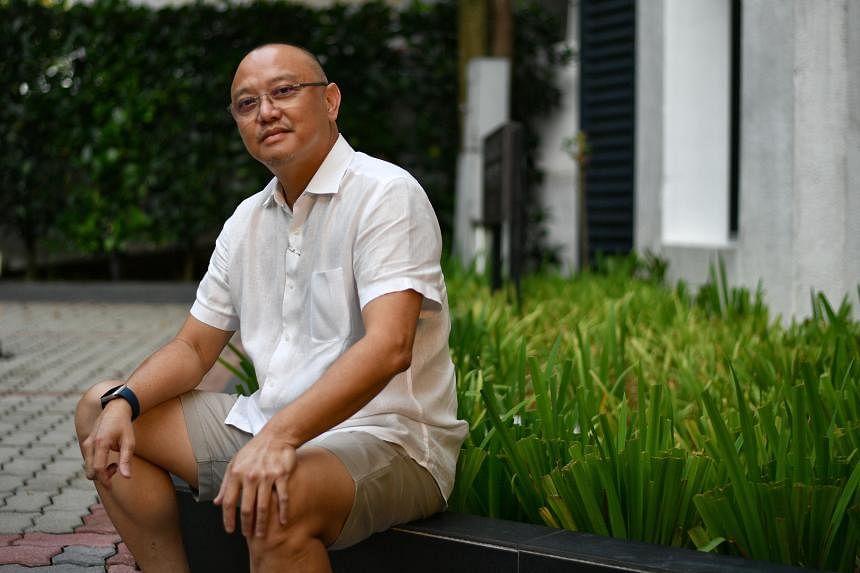Lunch with Sumiko: Billionaire Hotel 81 founder on why his daughter is leading the business he built
Hotel 81 founder Choo Chong Ngen now has 38 hotels under six brands in his Worldwide Hotels group. Daughter Carolyn is CEO and also his confidante. Find out about his rags to riches story in this 'Family' series.
In 1995, Mr Choo Chong Ngen opened his first hotel. His daughter Carolyn joined the family business in 2002.
Sumiko Tan
Executive Editor
June 19, 2022
Ever since Carolyn Choo was about 10, her father would share with her details about his work day.
Sitting in the garden of their semi-detached house in Sennett Avenue in Bedok, Mr Choo Chong Ngen would confide in her about his business. "I talked to her about my expenses every month," he remembers. "How much for house instalment, family, food, car."
Sometimes when he got home late, he'd wake her up and they'd go for supper. "We would eat Bedok bak chor mee," Carolyn says.
When she joined his company a few years after she graduated, she set up a table in his room in the office to learn the ropes.
As the business grew, more space was acquired at its office in Parkway Parade. Even after renovation works, she chose to keep her desk in his room.
The low-profile Mr Choo might not be a household name, but his hotels are.
In 1995, Mr Choo, who dropped out of school at the age of 10, opened his first hotel - Hotel 81 in Lorong 16 Geylang.
He now has 38 budget and mid-tier hotels in Singapore under six brands, with a total of 6,500 rooms - nearly 10 per cent of the hotel rooms in Singapore.
Besides 28 Hotel 81s around the island, the billionaire owns the 1,500-room Hotel Boss in Jalan Sultan and two V Hotels in Lavender and Bencoolen, next to MRT stations.
There is also Hotel Mi in Bencoolen, three Value Hotels in Balestier, and three Venue Hotels in Joo Chiat.
Two more hotels will open next year - a 900-room hotel in Club Street in Telok Ayer, on land he paid $562.2 million for, and a 500-room hotel in Short Street in Rochor, a plot that cost him $276.2 million.
He also owns eight hotels across Australia, Thailand, Malaysia, Japan and South Korea, managed by others.
In 2018, Mr Choo consolidated the brands under the privately owned Worldwide Hotels group, where he is founder and chairman.
Carolyn, his only daughter among four children, is CEO and managing director.
Mr Choo Chong Ngen is the founder and chairman of Worldwide Hotels group and his daughter Carolyn Choo is CEO and managing director. ST PHOTO: KUA CHEE SIONG
The father and daughter have picked The Hainan Story Chapter One, a tenant at their Hotel Boss, for lunch.
The cafe-style eatery has stalls serving Hainanese and Singapore dishes. It is cheerfully decked out in red with a colourful Instagrammable mosaic wall.
At 69, Mr Choo looks youthful in a jacket over a polo shirt. He has a warm smile, is self-deprecating and is more comfortable in Mandarin than English.
Carolyn, 45, looks stylish in a well-cut black dress and heels. She's down-to-earth and friendly but there's an air of steely wariness about her. You sense she is both proud and protective of her father.
There's a very easy chemistry between the two. When I remark that they appear more like friends, she says: "I think because I'm the only daughter, it's always easier... Daughters and fathers click better, and he's not very demanding."
They opt for a fried pork rice set and side vegetables. "We'll share," she says.
Just one set for both of you, I ask.
Yes, she says, it's enough.
Would you like a drink?
Ice water, says Mr Choo.
I get the curry chicken rice set and can't resist the hazelnut oolong milk tea. My order feels extravagant in comparison.
Payment is upfront and I head over to the cashier.
"Paiseh," says Mr Choo.
I assure him that he doesn't have to feel bad because The Straits Times pays for all my interview lunches.
Rags to riches
Last year, Mr Choo was listed by Forbes as Singapore's 16th richest man with a fortune of $2.4 billion.
His rags-to-riches story is the stuff of TV dramas (and if I were the casting agent, he'd be played by actor Li Nanxing, because there's some resemblance).
If there was a drama soundtrack, it would be the Hokkien karaoke favourite Ai Pia Cia Eh Yia (You Need To Fight To Win).
When I ask Carolyn what her dad was like as a young man, she says: "His idea was always, you know the song Ai Pia Cia Eh Yia? He must work."
Or, as Mr Choo puts it succinctly: "Don't work, no money, so I work hard."
He was born in 1953 in a kampung in Jalan Hock Chye in Hougang. He was sixth in a family of eight children. His Hakka father was a contractor earning just $4 a day, and his mother was a housewife.
He dropped out of school when he was 10 because he didn't like to study and also wanted to help his parents make ends meet.
There were ice cream suppliers in the kampung, and he would sell the ice cream on the street for five cents each. He remembers flavours like red bean, plum and coconut, and how he would put the ice cream in a bucket.
"Very small business, $1, $2 a day, very happy," he says.
When he was 14, he worked for a fishmonger at the Hougang Sixth Mile market in Simon Road. After a while, he became a fishmonger himself, and made $20 a day.
He noticed that stallholders selling textiles were making more money than fishmongers, so he switched to selling textiles when he was 17.
For a while, he worked for a neighbour who paid him $30 a month. With $100 from his mother, he started his own textile business. He bought bales of cloth at wholesale prices. Travelling around in a motorcycle with a sidecar, he would sell them at pasar malam around Singapore.
"Once when he had already set up the stall, the rain came so fast that he had to use his body to shield the textiles," Carolyn recounts a story he had told her.
He was so thrifty, he'd eat just one ang ku kueh - a sweet, glutinous rice cake - when hungry, she adds.
Executive Editor Sumiko Tan's lunch interview with Mr Choo Chong Ngen and daughter Carolyn Choo at The Hainan Story Chapter One. ST PHOTO: KUA CHEE SIONG
He served in the part-time Special Constabulary and got married when he was 23. It was arranged by his mother and his wife's mother, who had met at the market. He was doing well enough in business to hold the wedding dinner at Neptune Theatre.
The children came quickly - Ben in 1976, Carolyn in 1977, and Sean in 1978. His youngest son, John, is 29. His young family lived in a flat above an HDB shophouse that he bought in Toa Payoh.
From textiles, he moved into women's fashion. He operated a chain of outlets in the heartland selling women's clothing, mostly coordinated tops and bottoms from Hong Kong and Taiwan.
Then in his mid-30s, he made his first million.
He put his heart and soul into doing business. Because he didn't have an education, it would have been difficult to work for others, he explains.
He realised early that property was a good investment and bought his first shop unit in Katong Shopping Centre with a 50 per cent bank loan to be repaid over 10 years. He also bought space in City Plaza, Sultan Plaza and Lucky Plaza.
Units went for $50,000 to $100,000 back then. He bought his first shop in Lucky Plaza for $98,000 when it was still under construction, and another unit for $147,000, says Mr Choo, who seems to have an impressive ability to recall past financial dealings. "His memory is excellent," confirms Carolyn.
In all, he owned about 30 shop units and got $1,000 to $2,000 monthly rental from each of them. Whatever he made was used to buy more units. He has sold all the units, save six in Sultan Plaza that are rented out.
When he was in his late 30s, he bought land to develop apartments. His first plot was in Geylang and cost him $1.5 million. All in, he developed six apartment blocks with more than 100 units in Geylang, Balestier, Lim Tua Tow Road and Telok Kurau.
Hotel empire
In 1991, he visited Tokyo and stayed at a small "salaryman hotel". He saw an opportunity in small, cheap hotel rooms. Back in Singapore, he decided to build a hotel on land he owned in Geylang.
He was always at the construction site. "My staff said, 'Boss, you don't need to sleep?'," he recalls. "After two hours, I go home, rest one hour then I go back. Midnight I also go."
The family was then living in Sennett Avenue. He named the hotel Hotel 81 after his house number as he wanted something simple. "Pan-Pacific, Shangri-La, all difficult for me," he says.
More Hotel 81s were built in Geylang, a red-light district, and other areas. The chain gained notoriety for its hourly rates and its hotels were described as love motels.
The Choos prefer not to talk about this now, but in an interview with Forbes, Mr Choo said: "We only sell rooms; we don't sell anything else."
In 2008, the Value brand was added, then came V in 2011, Venue in 2013, Boss in 2015, and Mi in 2017.
He owns all the sites. His land bank is substantial and includes heritage shophouses in Chinatown. He doesn't keep track of the value of his portfolio as he is not looking to sell the hotels.
"If there are good locations, I will buy some more," he says, but laments that the days of cheap sites are over. "Last time, whole shophouse I bought for $1 million, now it is $10 million. Difficult."
A nephew helped him in the hotel operations, and is now the chief operating officer.
Carolyn knew she would join the family business, but her father wanted her to gain outside working experience first.
After Tanjong Katong Girls' School and Temasek Junior College, she graduated with first class honours in business from Nanyang Technological University (NTU). She also has a Master of Professional Accounting from Singapore Management University, and is a chartered accountant.
Her diligence was something Mr Choo supported, though he shakes his head when he shares how she is still keen to study. She is going on a Harvard Business School management programme that will see her attending some classes in person for three years.
When she was little, all he demanded of her was that she study. "Lucky for me, I like to study and I also did well enough to meet his expectations," she says.
She did commercial banking at UOB for 3½ years after she graduated. He asked her to join him in 2002.
Did you negotiate your salary?
"He said, 'How much you want, just say'," she replies.
And how much was that?
She'd reveal only that she asked for 50 per cent more than what she had got at the bank. She started in the finance department.
At work, she calls him "Boss" in front of others, but privately it is still "Daddy".
Future-proofing
There were only three graduates when she joined, including her cousin and her.
Setting up Worldwide Hotels in 2018 settled issues like corporate mission, governance and structure. New hires were made and the leadership team now comprises mostly graduates.
The group has a three-phase growth plan that covers expansion in Singapore, overseas acquisitions and international expansion.
It remains firmly focused on economy and mid-tier travellers.
"We are not up-branding to a five-star hotel. We're still very focused on mid-tier," Carolyn says. "We don't do resorts, that's not where we think our key strengths lie, so it's not an opportunity for us."
The company rode on the boom in budget airlines, she points out.
"Travelling was so much easier, and you had a lot of travellers from Asean. It may be their first time travelling, so if they fly on a budget airline, they come here, they're not going to spend a fortune on a five-star hotel," she reasons.
She was made CEO and managing director in 2017. I ask Mr Choo if he had ever thought of getting a CEO from outside the family. "Carolyn can handle it, no need to find someone from outside," he replies.
"If she cannot handle it, then I will call an outsider."
Carolyn was made CEO and managing director in 2017. ST PHOTO: KUA CHEE SIONG
Her brother Ben is the human resources manager of Hotel Boss; another brother, Sean, is director of sales, strategy and planning at Worldwide Hotels. John works in a tech company.
Carolyn doesn't think they have an issue with her position because she joined the business a decade before them.
Her husband, Mr Michael Ng, 53, whom she met during a tour group holiday in Turkey, joined Mr Choo a year before she did. He is director of asset management, and they have an 18-year-old daughter and two sons aged 17 and 10.
Her dad and husband get along fine. "He's never critical of him," she says of her father's attitude towards Mr Ng. "Works very hard," Mr Choo says of his son-in-law.
She admires her father for being both process-driven and big-picture visionary.
He takes pleasure in tinkering with details like hotel luggage trolley design and laundry cages to make them more efficient.
One of their rare disagreements concerned a new laundry facility.
She thought a 30,000 sq ft space would be good enough as it was bigger than what they had. He wanted double that size to cater for future expansion. Besides, he said, moving to a bigger factory in future would be troublesome.
The group rode out Covid-19 by diversifying how their rooms were used. One-third was contracted to the Government for Covid-19 accommodation, another third was taken up by long-term stays for foreign workers, and the rest for staycations. "We managed to break even, we didn't have to let anybody go, we didn't have to cut salaries," Carolyn says.
Since Covid-19, Mr Choo goes to the office twice a week as digital banking allows him to work from anywhere. "He still has to approve all the payments," Carolyn says.
The grandfather of eight lives in a penthouse in the east. He has avoided landed property since an armed robbery in his Sennett Avenue home in 1990, when he and the family were tied up and he was cut on the face with a chopper. The robbers fled with $200,000 in cash and jewellery.
"When I go on holiday, I just lock one door. Small house, easy to maintain," he says.
His daughter says he doesn't spend much - "less than me". Other than work, his pleasure is golf. The 18-handicapper plays at Tanah Merah Country Club and Singapore Island Country Club.
In the past decade, he has donated $12.5 million to universities and polytechnics here, and to Institute of Technical Education students. The donations provide yearly bursaries to low-income students.
His first donation of $2 million in 2011 came about after he was invited to a Rolls-Royce viewing.
He had no wish to buy such a luxurious car then. "I buy this Rolls-Royce for what? I drive to the hawker centre," he told Carolyn.
She asked him if he would donate the money he would have spent. "He said 'okay', like in five minutes," she recalls. It went to her alma mater, NTU.
What we ate
The Hainan Story Chapter One
Hotel Boss
500 Jalan Sultan #01-09
1 signature fried pork set: $9.50
1 Hainanese stewed vegetable: $3.50
1 heavenly four vegetable: $3.50
1 Mama Wee curry chicken drumstick set: $8.50
1 hazelnut oolong milk tea: $4.80
Total (with tax and discount): $26.80
It was only this year that he finally rewarded himself with a Rolls-Royce, she adds.
Lunch over, they pose companionably for photographs, and we say goodbye.
Walking to the carpark, I catch a glimpse of father and daughter driving off in a sleek grey Rolls-Royce Wraith, back to the office they share.

